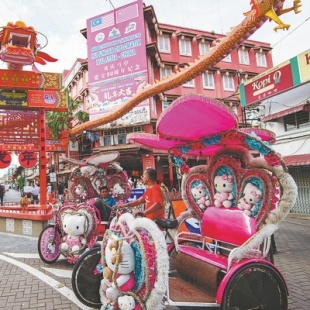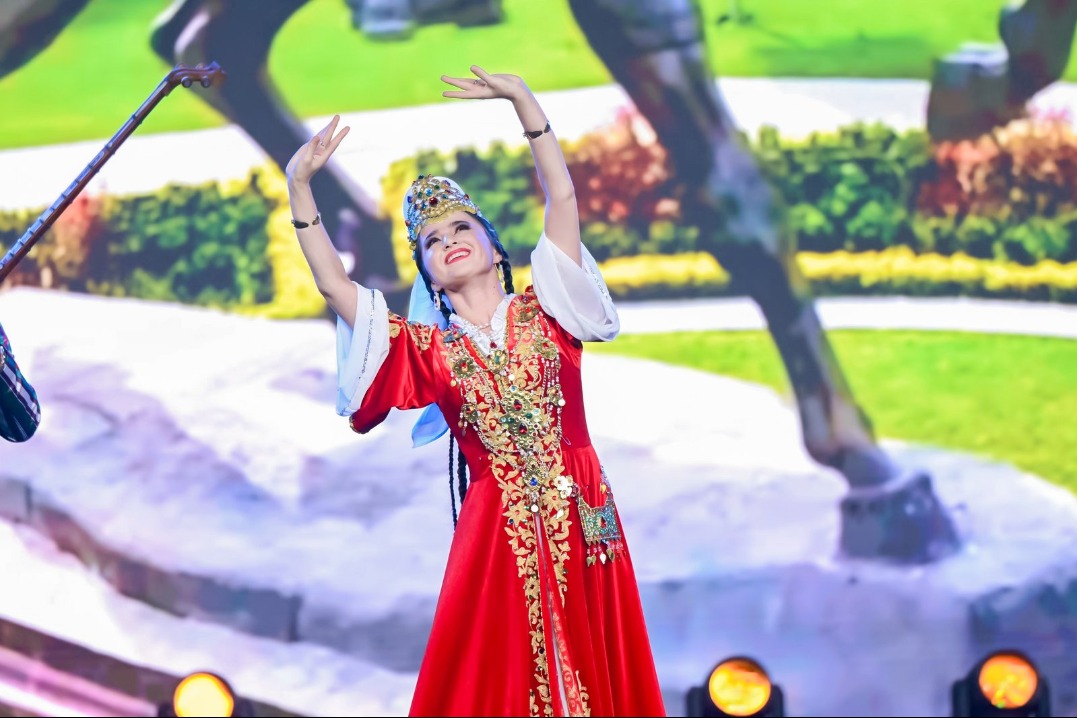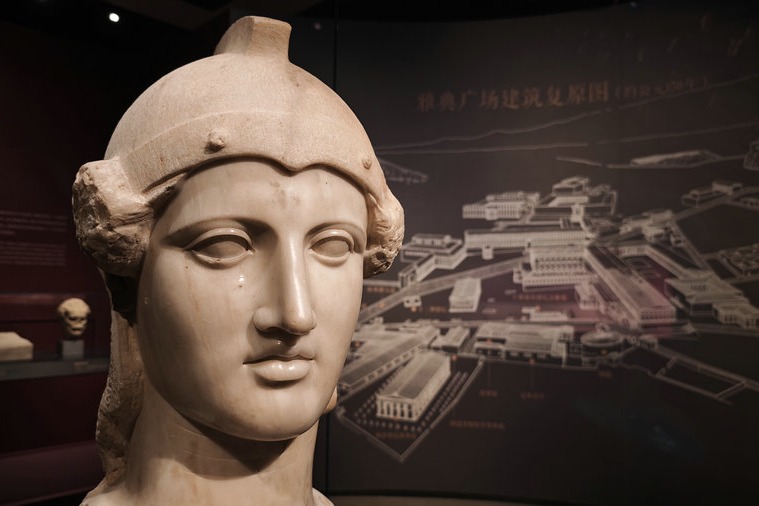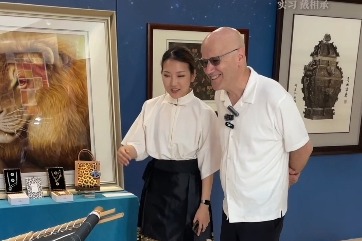China-Malaysia bond deepens over Malacca heritage

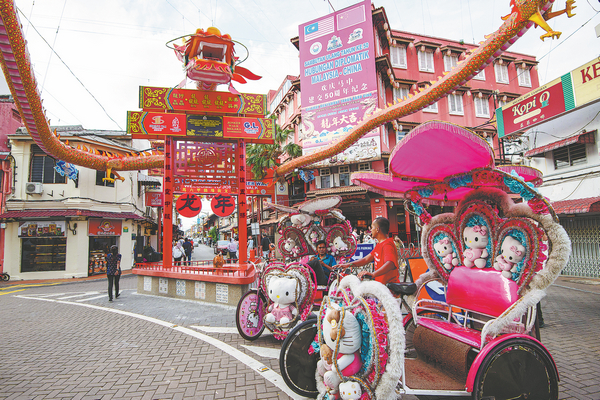
Their legacy is showcased at the Baba-Nyonya heritage museum, which offers visitors a glimpse into traditional Peranakan homes, featuring grand spiral staircases and architecture that blends Eastern and Western styles.
Wang Shanshan, a tourist from Beijing, shares her emotional experience after visiting the museum.
"I used to prioritize beaches and natural scenery when visiting Southeast Asia. Now, I'm more interested in uncovering the history of Chinese migration and understanding how our culture has evolved here," she says.
She has found the exhibits both familiar and novel.
"Even with local influence, the core of traditional Chinese values remains. It feels like finding a home away from home," she adds.
Beyond its historical landmarks, Nyonya cuisine, rooted in the Baba-Nyonya community, has become a must-try experience for visitors. Dishes like buttery pineapple tarts, onde-onde filled with palm sugar, and spicy chicken stews, exemplify a rich fusion of Cantonese, Fujian and local Malaysian flavors.
Lucy Wee, a fifth-generation Nyonya and owner of Anak Nyonya restaurant on Jonker Street, has noticed a growing interest in this unique culinary tradition.
"More Chinese tourists are eager to try Nyonya food after learning about Baba-Nyonya culture," she says.
As a passionate advocate of her heritage, Wee takes pride in sharing her family's recipes.
"The flavors are unique — sweet, sour and slightly spicy. Once people try it, they always want to come back for more," she says.
Gan notes the role of Malacca in strengthening cultural bonds between the two peoples.
From exploring Zheng's maritime legacy to savoring Nyonya cuisine, Chinese tourists discover Malacca as both a historical treasure and a modern cultural gateway.
This deepening connection between China and Malacca will offer increasing opportunities for cultural exchange and mutual appreciation in the years to come.
Xinhua


